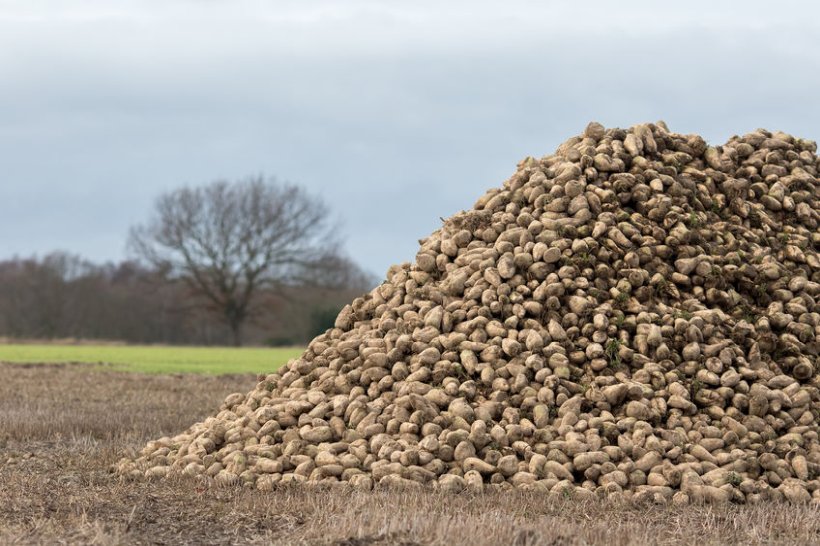Defra approves emergency authorisation of neonicotinoid

The government has approved emergency authorisation for growers to use a product containing a neonicotinoid to treat sugar beet seed this year.
The authorisation is for the use of Syngenta’s Cruiser SB on sugar beet only and covers use in 2021 in England.
In approving the emergency authorisation, Defra said it was in recognition of the potential danger posed to this year's crop from virus yellows.
The department issued a statement on Friday (8 January) on the decision to issue – 'with strict conditions' – the product's emergency authorisation.
The NFU had previously warned that the disease was having an 'unprecedented harmful impact' on the UK's sugar beet crop.
Some growers had reported yield losses of up to 80 percent, according to the union.
The virus is transmitted by aphids, and it is believed around 70% of the most common aphid, peach potato aphids, carry it.
The advice of the Health and Safety Executive (HSE), the UK Expert Committee on Pesticides (ECP), and Defra’s Chief Scientific Adviser on the application was put to Defra Ministers.
Based on the information provided, Defra Secretary George Eustice said the application met the requirements for an emergency authorisation.
However, the application rate of Cruiser SB will be below the normal commercial rate; no flowering crop is to be planted within 22 months of the sugar beet crop, and no oilseed rape crop is to be planted within 32 months.
Defra said in a statement that protection against virus yellows 'cannot be provided by any other reasonable means'.
"The neonicotinoid seed treatment provides important protection to the emerging crop against insect pests and the viruses they can transmit.
"Sugar beet yields were significantly reduced in the 2020 season due to the incidence of virus, and similar conditions in 2021 would be likely to present similar dangers."
The European Commission approved a ban on the pesticides in 2018 due to environmental concerns.
The restrictions were imposed after a report by the European Food Safety Authority (EFSA) concluded that they posed a 'high acute risk' to honey bees.








